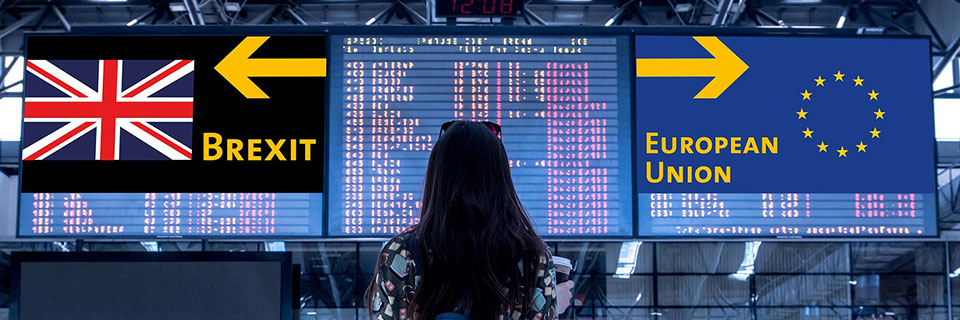From 1 January 2021, the UK will move out of the transitional period which started when it exited the EU on 31 January 2020. The UK will no longer have to apply EU law, will no longer participate in various EU programmes, and a customs border will spring up between the UK and the EU reflecting the new barriers to free movement of goods, services, people and capital.
The Trade and Cooperation Agreement (“the FTA”), agreed at the 11th hour, establishes a customs duty-free border, a framework for the encouragement of trade between the UK and the EU (based on a level playing field with regard to matters such as monopolies, subsidies, and protectionism of various sorts), and provides for cooperation on matters such as crime enforcement, travel and tax transparency.
In relation to goods and services, each party to the FTA is free to regulate economic activities in its own jurisdiction as it sees fit in order to achieve “legitimate policy objectives” but the FTA contains detailed rules aiming to minimise discriminatory practices. Sometimes these rules are mandatory; sometimes they are written in aspirational terms. The rules vary between different industries and cover matters such as market access, “most favoured nation” treatment, safety checks, licences, recognition of the other party’s standards, regulatory certificates and professional qualifications. There is an extensive list of discriminatory practices which each party commits to review. There are very few commitments in the field of financial services.
Various forms of discriminatory incentive such as low social, labour, climate, environmental and competition regulation and cash or tax subsidies are prohibited or discouraged.
Focusing on the tax implications they are, very broadly ...
Login to see the whole story
For business consultation, please contact us








